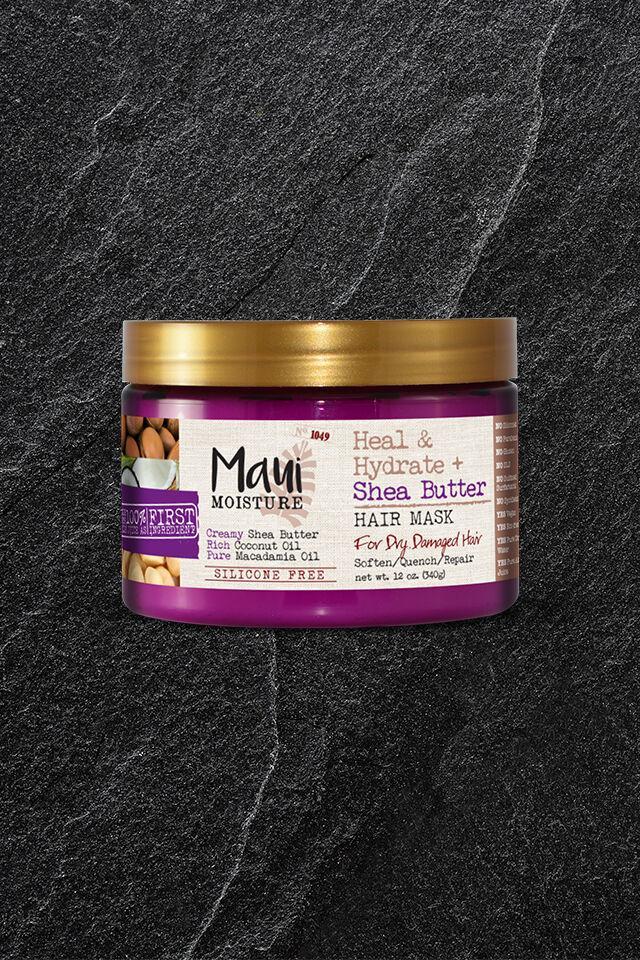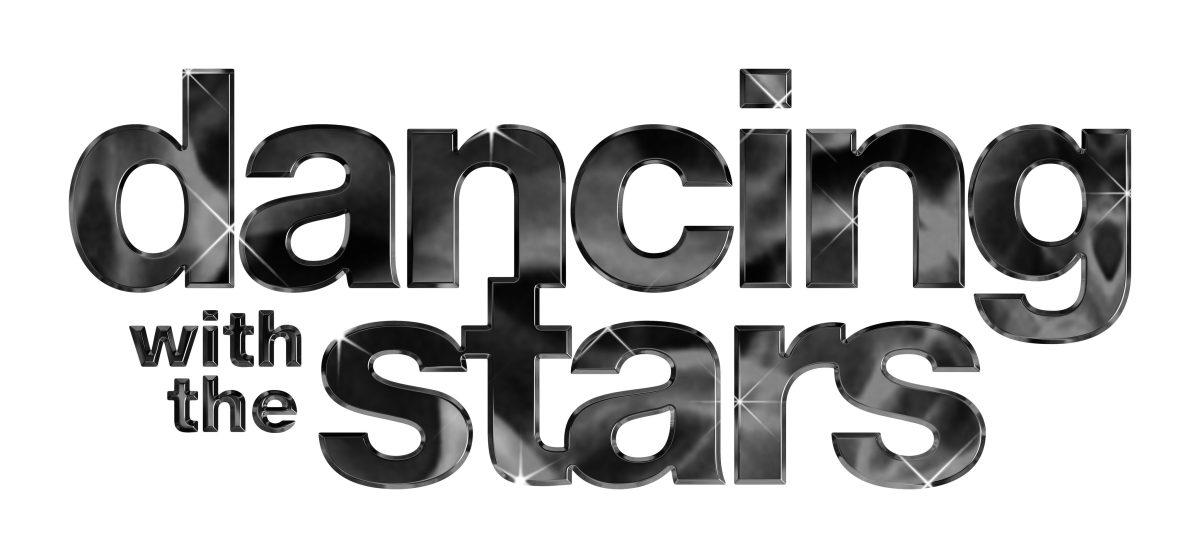In the year 2020, there is no need for testing on animals, especially for human products. With such technological advances, brands should not consider this archaic testing for their products. However, there are still hair brands across all price ranges that test on animals.
Most of these brands sit in the front rows of the hair aisle, claiming a faux earth-lover persona with ethos and pathos of nature. Yet they test on animals to sell their products in countries that require that animal testing occurs.
Creating confusion, brands sell in mainland China, where it is mandatory for foreign brands to test on animals. However, these brands claim to be cruelty-free in the United States. Conglomerate parent companies, who still tests on animals, own some of these cruelty-free brands. Additionally, there are several cruelty-free certifications, blogs and companies with all different definitions for what is cruelty-free. In this article, I will be utilizing The Leaping Bunny Program.
The Leaping Bunny Program is the set-standard for recognizing that a brand does not test on animals. The Coalition for Consumer Information on Cosmetics (CCIC), which consists of eight international animal protection groups, approves a brand’s status as cruelty-free after passing their rigorous certification.
To clarify, my definition of cruelty-free means that throughout the entire process of production (the beginning, middle and end), a product does not test on an animal. I am excluding brands that claimed to be cruelty-free in the U.S. yet sell in countries where animal testing is required.
Pacifica: Standing out with their ethereal packaging, Pacifica is “made with compassion for the planet, animals and you.” Most of their hair products target straight and wavy hair textures, but the brand is expanding to be more inclusive. They also have hair mists, oils and masks to refresh your hair after a long day.
Maui Moisture: This vegan haircare brand states that they “will continue to advocate for the acceptance of non-animal data globally” on the FAQ web page. Maui Moisture has 11 different hair collections for each hair texture and hair problem.
Cake Beauty: Baked out of a Kitchener, Ontario, Cake Beauty stamps their Leaping Bunny badge on their home page. Slowly emerging internationally, Cake Beauty product targets those who want to add texture or volume to their hair.
Giovanni: Giovanni takes pride in their commitment to animal welfare and being “proudly Leaping Bunny certified.” It was the first full-range, salon-inspired hair care brand in natural product stores. This brand is also inclusive with products that work for any hair type and texture.
Lush: Probably more known for their overtly eager employees who want you to try their soap, Lush is 100% cruelty-free. They use only “vegetarian ingredients and adhering to a strict anti-animal testing policy.” Instead of using a bottle to distribute a product, they have hair shampoo bars.
Alba Botanica: Despite not placing the Leaping Bunny logo on some of their packages, Alba Botanica does not test on animals at any point in production. With a beach themed aesthetic, Alba Botanica aims at curly and coily hair.
Andalou Naturals: Another proud partner of The Leaping Bunny Program, Andalou Naturals delights in their all-natural branding. They are 98% nature-derived, Non-GMO Project Verified and vegetarian. Their products also are non-pore clogging and hypoallergenic. Andalou Naturals’ packaging is even recyclable.
Shea Moisture: Known as one of the most recognizable brands in the natural hair community, Shea Moisture has grown into an established hair brand. They offer products beyond hair, including skincare and body products.
There are hundreds of hair brands that are cruelty-free. These are only eight out of tons of brands that back animal rights. Try to find one that works for your hair.
Eight hair brands that are not cruel to your hair or animals
By Ariel Baise
November 23, 2020
Lush









